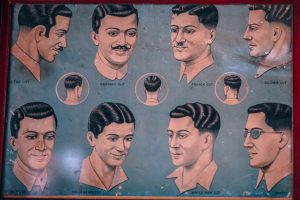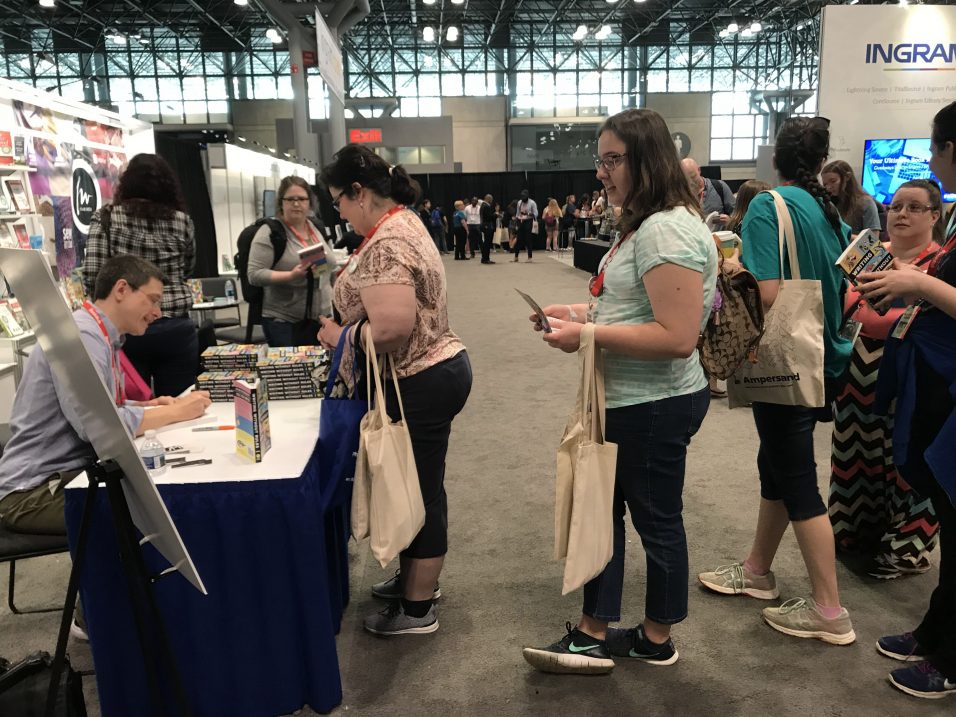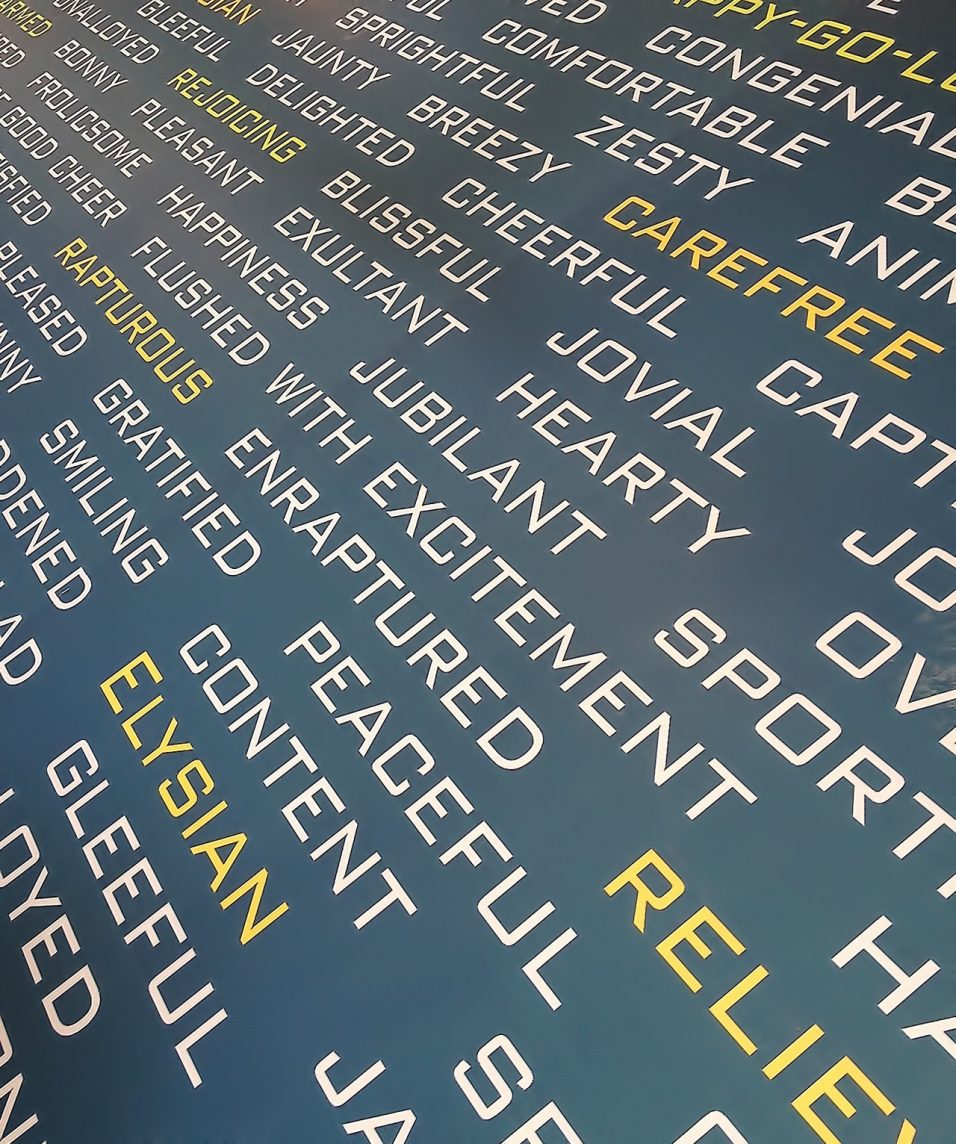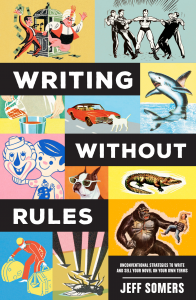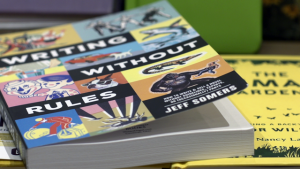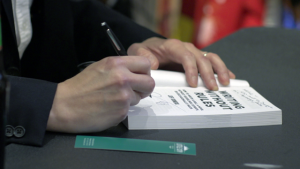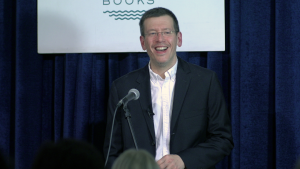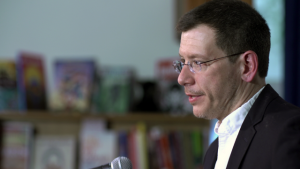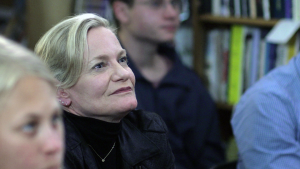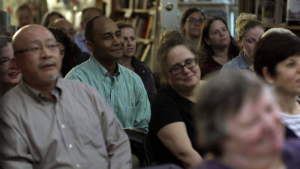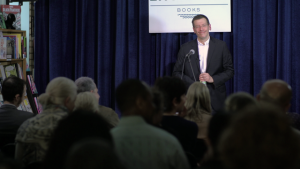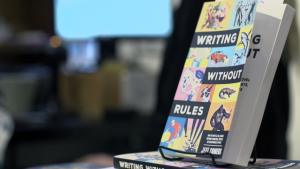Luck Denial

One of my goals when putting Writing Without Rules together was to get past the idea that you needed to be an expert, a guru in order to write and publish a book. The whole premise is that if you spend any amount of time talking to me, you start to get the creeping feeling that this guy doesn’t know anything about anything, he’s just making shit up and then you realize that if I can publish all these books, for money, so can you!
So, success at writing doesn’t require expertise in a dozen different skill sets, it only requires one—the actual writing part. It also requires hard work, of course; saying that I’m an absent-minded guy who doesn’t understand business or social media isn’t meant to imply that I’m lazy. And there’s a third aspect to writing and publishing success (and success in general) that people don’t like to discuss: Luck.
90% of Success is Just Showing Up
Luck and its twisted cousin, privilege, make people uncomfortable. People think that if you point out their luck, their privilege, you’re taking away from their accomplishments. The fact is, luck is always a factor. Whether it’s the privilege you were born into or happening to be in the right place at the right time, selling novels and getting a writing career off the ground requires luck. It’s just that simple.
But luck just gets you in the room. It doesn’t actually write the novels or the articles. Being lucky—and acknowledging that luck—doesn’t mean your work isn’t great. They are separate considerations.
I’ve been lucky in my career. Plenty lucky. I’ve also worked my ass off. The former does not erase the latter, but neither does it work the other way around—no matter how hard I work, the fact is that luck has played a role in my career, as it has in most careers. I’m okay with that, and I’m also okay with efforts to spread the luck around more evenly. Success isn’t finite. The fact that some groups that have been underrepresented in publishing for decades—centuries—are finally getting more attention, more deals, more support doesn’t mean that my own career suffers. As long as I’m writing good stuff, I’ll get it published. With a little luck.
The bottom line is: Anyone who pretends that luck has never helped them to success is lying to you, or to themselves.

